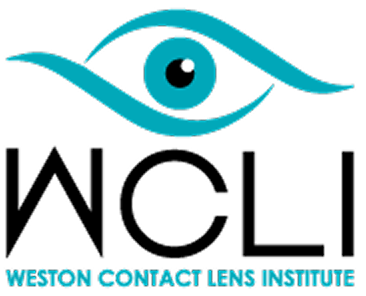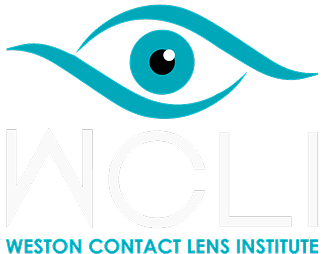Myopia, or nearsightedness, is a widespread condition affecting millions of children worldwide. As kids spend more time staring at screens and less time outdoors, the risk of developing myopia increases. Ortho-K treatment is a vision correction method that also slows progressive myopia, protecting children from complications later in life.
Ortho-K may be an excellent alternative to traditional vision correction methods, such as glasses and daily soft contacts, for parents concerned about their child’s vision and eye health. Let’s explore Ortho-K and the signs that your child may benefit from this incredible treatment.
What Is Ortho-K and How Does It Work?
Most people are familiar with the two primary methods of vision correction: glasses and soft contact lenses. However, there is a range of specialized children’s vision correction modalities go a little further and can help troubleshoot problems. Orthokeratology (Ortho-K) is one option that can have significant benefits for children and teenagers with progressive myopia.
Ortho-K contact lenses are worn overnight while your child sleeps. The rigid gas-permeable lenses gently reshape the cornea to allow clear vision during the day without the need for glasses. Beyond vision correction, Ortho-K also decelerates the elongation of the eye, the main cause of myopia. As children get older, myopia can progress if it is not managed, increasing the risk of retinal detachments, cataracts, glaucoma, and macular degeneration.
How Do I Recognize Progressive Myopia?
One of the earliest signs that your child may be a good candidate for pediatric Ortho-K treatment is rapidly worsening myopia. Frequent changes in a child’s prescription over time may indicate that their myopia is deteriorating. The fast progression suggests that their eyes are elongating too quickly, putting them at risk for related complications. Ortho-K may be an ideal solution, and using them every can slow down the progression of myopia considerably.
Is My Child a Good Candidate for Ortho-K Treatment?
Orthokeratology lenses are an excellent option for non-surgical myopia control in kids, especially if they have an active lifestyle. Many children who participate in sports or love playing outdoors face challenges with keeping their glasses in good condition. Ortho-K lenses offer an alternative that is only used at home, overnight. Therefore, your child would never have to worry about expensive glasses during the day and can live their life to the fullest.
Difficulty Seeing Distant Objects
When your child struggles to see and identify distant objects, such as the board at school or the TV, that’s a sign that their vision should be tested. While glasses can correct nearsightedness, they do not prevent it from progressing. Also, children who dislike their glasses may neglect to wear them, frequently lose them, or break them regularly while playing or doing sports. Ortho-K offers a convenient alternative that is comfortable and can be monitored by parents at home.
Increased Squinting and Headache Complaints
Children who have difficulty seeing clearly may squint or rub their eyes, which can be signs of visual stress due to unmanaged myopia. Squinting is a natural response to attempt improved focus. Frequent complaints about headaches or eye pain after school, homework, or screen time may indicate that your child’s may not be seeing adequately. A comprehensive evaluation can help you detect the problem early, intervene and protect their eyes.
Family History of Myopia
Genetics plays a critical role in myopia development and progression. If one or both parents have myopia or have experienced eye issues related to high myopia, their child is likely to follow a similar pattern. We strongly recommend early and regular eye exams to assess vision and eye shape so myopia can be diagnosed and treated as soon as possible. Ortho-K is a highly effective treatment option that can control the progression and reduce myopia-related risks.
Why Is Early Myopia Intervention Important?
Addressing myopia early has significant benefits beyond improving your child’s vision. Progressive myopia increases the risk of developing other severe eye conditions that may cause permanent vision loss in later life. Starting treatments like Ortho-K early can slow the progression of myopia and reduce the chance of related, vision-threatening diseases.
If you notice any changes in your child’s ability to see clearly, or they exhibit behaviors that indicate vision issues, schedule an eye exam. Your eyecare practitioner will evaluate your child’s situation and explain treatments like Ortho-K. It’s essential to collaborate with your eye care practitioner to develop a personalized myopia management plan customized to your child’s lifestyle.
The Next Step in Protecting Your Child’s Vision
Children who show signs of visual difficulties and rapid myopia progression are usually good candidates for Ortho-K. The treatment is a safe way to preserve your child’s vision while maintaining their daily quality of life. Contact Weston Contact Lens Institute to discuss overnight lenses for children. Together, we can figure out the best way to manage your child’s myopia effectively and protect their long-term eye health!

.jpg)




